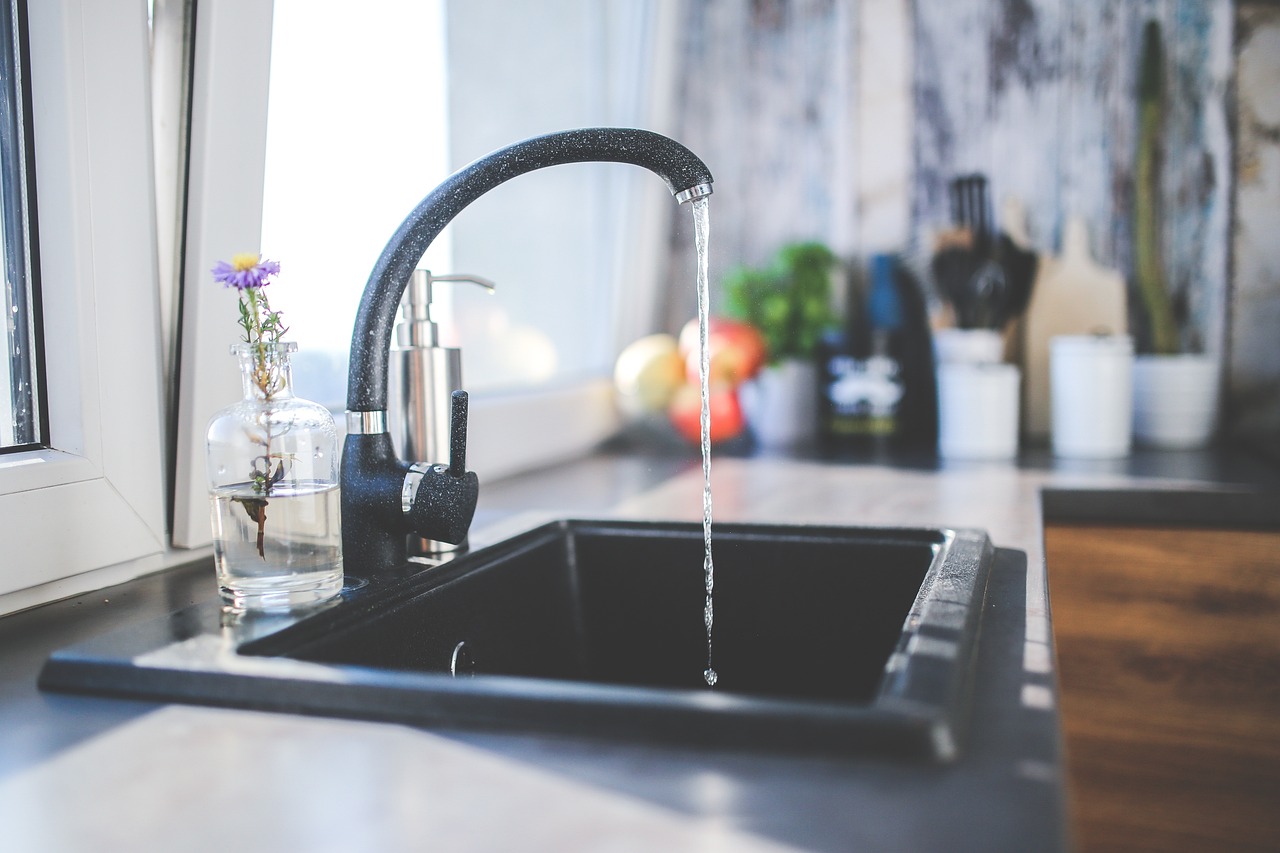
Kitchen Safety: Essential Tips for a Safe and Healthy Cooking Environment
Ensure kitchen safety with these essential tips to prevent accidents, injuries, and foodborne illnesses. Learn about proper handling of knives, electrical appliances, and hot surfaces. Discover the importance of cleanliness, fire safety, and proper food storage. Create a safe and healthy cooking environment for you and your loved ones.
Introduction:
The kitchen is the heart of the home, a place where delicious meals are prepared and memories are made. However, it’s important to prioritize kitchen safety to prevent accidents, injuries, and foodborne illnesses. From handling sharp knives to using electrical appliances and navigating hot surfaces, there are various potential hazards in the kitchen. In this article, we will explore essential tips to ensure kitchen safety. By following these guidelines, you can create a safe and healthy cooking environment for you and your loved ones.
Outline Table:
| Heading |
|---|
| 1. Importance of Kitchen Safety |
| 2. Proper Handling of Knives |
| 3. Safe Use of Electrical Appliances |
| 4. Avoiding Burns and Hot Surface Hazards |
| 5. Importance of Cleanliness |
| 6. Fire Safety in the Kitchen |
| 7. Proper Food Storage and Handling |
| 8. FAQs: Common Questions about Kitchen Safety |
| 9. Conclusion |
Importance of Kitchen Safety:
Kitchen safety is of paramount importance to prevent accidents and injuries. By being aware of potential hazards and following safety guidelines, you can minimize the risk of mishaps and create a safe environment for cooking. Prioritizing kitchen safety ensures the well-being of yourself, your family, and anyone using the kitchen.
Proper Handling of Knives:
Sharp knives are essential tools in the kitchen but can also pose a significant risk if mishandled. Always handle knives with care, keeping your fingers away from the blade when cutting. Use a cutting board with a non-slip surface, and avoid placing your hand in the path of the blade. Proper knife storage, such as using knife guards or a designated knife block, can also help prevent accidents.
Safe Use of Electrical Appliances:
Electrical appliances make cooking more convenient but require careful handling. Ensure that all appliances are in good working condition, with no frayed cords or exposed wires. Keep electrical appliances away from water and use dry hands when operating them. Unplug appliances when not in use and avoid overloading electrical outlets to prevent electrical hazards.
Avoiding Burns and Hot Surface Hazards:
Burns are common kitchen injuries that can be prevented with caution. Use oven mitts or pot holders when handling hot pots, pans, or baking dishes. Keep children away from hot surfaces and use back burners whenever possible. Be mindful of steam and hot liquids, using caution when opening lids or stirring hot foods.
Importance of Cleanliness:
Maintaining a clean kitchen is essential for both safety and hygiene. Clean up spills immediately to prevent slips and falls. Regularly sanitize countertops, cutting boards, and utensils to prevent the spread of bacteria. Wash your hands thoroughly before and after handling food to reduce the risk of contamination.
Fire Safety in the Kitchen:
Kitchen fires can be devastating, but with proper precautions, they can be prevented. Never leave cooking unattended, especially when using high heat or open flames. Keep flammable items, such as towels and curtains, away from the stovetop. Have a fire extinguisher readily accessible and know how to use it in case of emergencies.
Proper Food Storage and Handling:
Proper food storage and handling are vital to prevent foodborne illnesses. Store perishable items in the refrigerator to maintain their freshness and prevent the growth of bacteria. Keep raw meats separate from other foods to avoid cross-contamination. Thaw frozen foods in the refrigerator or microwave, never at room temperature.
FAQs: Common Questions about Kitchen Safety:
Q: Are there any specific guidelines for kitchen safety when cooking with children? A: Yes, when cooking with children, always supervise them closely and teach them about kitchen safety. Keep hot objects and sharp utensils out of their reach. Encourage them to wash their hands before handling food and teach them about basic kitchen hygiene.
Q: How often should I clean my kitchen to maintain safety and hygiene? A: Regular cleaning is essential to maintain kitchen safety and hygiene. Clean countertops, sinks, and appliances daily. Deep clean the refrigerator, oven, and other appliances periodically. Develop a cleaning routine that suits your needs and ensures a clean and safe cooking environment.
Q: What should I do in case of a small kitchen fire? A: If a small fire occurs, remember to prioritize your safety. If it’s safe to do so, turn off the heat source, cover the flames with a metal lid or baking sheet, or use a fire extinguisher. If the fire is out of control, evacuate the area immediately and call emergency services.
Conclusion:
Kitchen safety is crucial for preventing accidents, injuries, and foodborne illnesses. By following essential tips for handling knives, using electrical appliances safely, avoiding burns, maintaining cleanliness, practicing fire safety, and proper food storage, you can create a safe and healthy cooking environment. Embrace these guidelines and prioritize kitchen safety to ensure enjoyable and worry-free culinary experiences for you and your loved ones.

